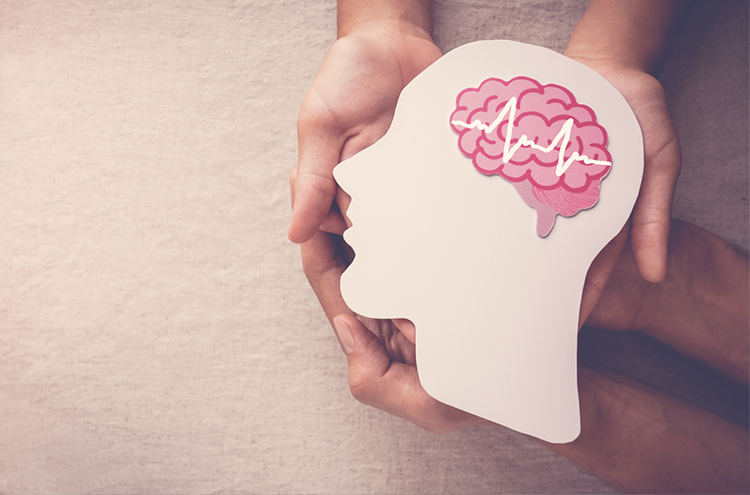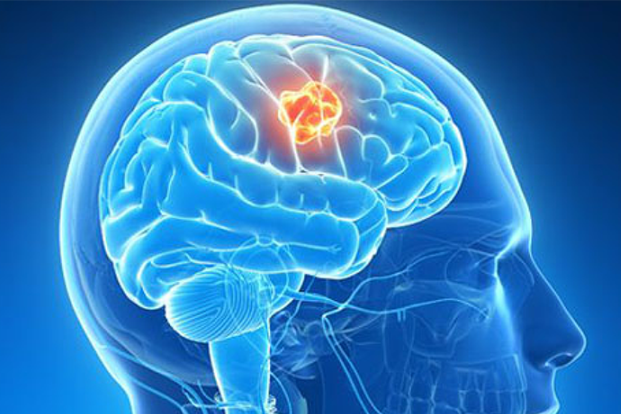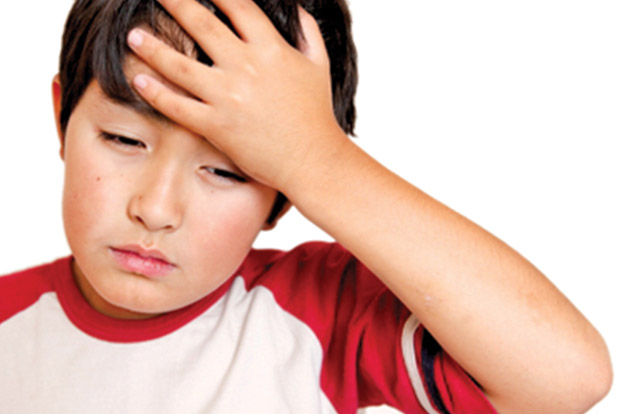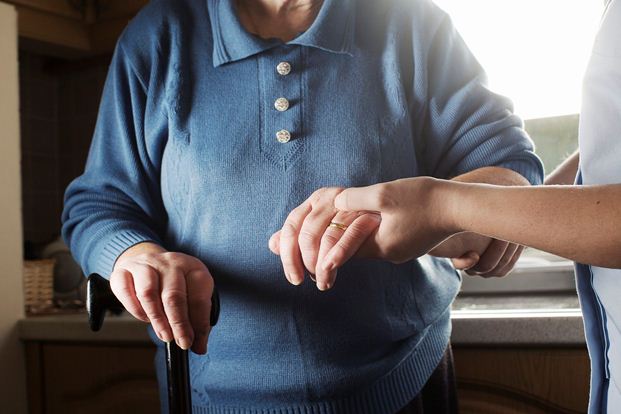Categories
- Bariatric Surgery (11)
- Black Fungus (5)
- Bone Marrow transplant (3)
- Brain Tumor Surgery Navigation Technology (20)
- Cardiac Surgery (66)
- Cardiology (97)
- Computer navigation technology for joint replacements (20)
- Covid Vaccination (17)
- Critical Care (2)
- Dental (19)
- Dermatology (31)
- Dialysis Support Group - “UTSAAH” (11)
- Dietitian (33)
- Emergency Medicine (4)
- Emotional Health (11)
- Endocrinology (33)
- ENT (20)
- Gastroenterology and GI Surgery (53)
- General and Laparoscopic Surgery (21)
- General Surgery (4)
- Gynecology & Obstetrics (183)
- Hematology (20)
- Internal Medicine (294)
- Kidney Transplant (50)
- Kidney Transplantation (20)
- Lung Cancer (8)
- Minimal Invasive Surgery (1)
- Mother & Child (20)
- mucormycosis (5)
- Nephrology (61)
- Neurology (147)
- Neurosurgery (68)
- Nutrition and Dietetics (107)
- Omicron Variant (1)
- Oncology (288)
- Ophthalmology (10)
- Orthopaedics & Joint Replacement (86)
- Paediatrics (59)
- Pediatric Nephrology (3)
- Physiotherapy (5)
- Plastic & Reconstructive Surgery (6)
- Psychiatry and Psychology (90)
- Psychologist (28)
- Pulmonology (72)
- Rheumatology (13)
- Spine Services (21)
- Transradial Angioplasty (16)
- Urology (84)
Query Form
Posted on Apr 19, 2022
Know Several Risk Factors - Brain Stroke Causes, Symptoms & Prevention
A brain stroke is one of the leading causes of death in India. It is crucial that we are aware of brain stroke causes and prevention. A stroke is a “brain attack”. It occurs when part of the brain loses its blood supply and stops working. This causes the part of the body that the injured part of the brain controls to stop functioning.

Know Several Risk Factors – Brain Stroke Causes, Symptoms & Prevention – It is crucial that we are aware of brain stroke causes and prevention. A stroke is a “brain attack”. It occurs when part of the brain loses its blood supply and stops working. This causes the part of the body that the injured part of the brain controls to stop functioning.
There are three different types of brain strokes:
1. Ischemic stroke: This is the most common type of stroke. During an ischemic stroke, the arteries supplying blood to the brain narrow or become blocked. These blockages are caused by blood clots or by reduced blood flow. They can also be caused by pieces of plaque breaking off due to atherosclerosis and forming a blood vessel.
2. Haemorrhagic stroke: A hemorrhage stroke happens when an artery in the brain breaks open or leaks blood. The blood from that artery creates excess pressure in the skull and swells the brain, damaging brain cells, and tissues.
3. Transient Ischemic Attack (TIA): A TIA is known as a ministroke. It occurs when blood flow to the brain is blocked temporarily. Its symptoms are similar to that of a full stroke but typically disappear after a few minutes or hours. A TIA is normally caused by a blood clot. It often serves as a warning of a full stroke in the future, so it shouldn’t be ignored.
A stroke is a medical emergency. Brain stroke symptoms must be paid attention to so that the person suffering it can be taken to the hospital in time. Brain stroke treatment is most effective when given after a stroke begins. Common brain stroke signs include:
– Trouble speaking and understanding what others are saying
– Trouble walking, experiencing a loss of coordination, dizziness, stumbling, and losing balance
– Confusion and difficulty concentrating
– Paralysis or numbness on the face, arm, or leg. A stroke often causes one side of the body. The arms or legs could feel weak. If you raise your arms over your head and one falls, you could have a stroke. One side of the face drooping is also another common effect of brain stroke.
– Vision problems could occur in one or both eyes. You may have a blurred, blackened, or doubled vision
– A strong headache, accompanied by vomiting, dizziness, or altered consciousness could mean you are having a stroke
A common method used to remember the signs and symptoms of brain stroke is the acronym FAST:
F: Face drooping
A: Arms weakness
S: Speech Difficulty
T: Time to call an ambulance
The first three letters indicate what to watch out for, and the last means that if you spot one or more of these symptoms in yourself or someone else, then you must call an ambulance.
There are several risk factors and causes of brain stroke:
– Being overweight/obese
– Heavy drinking
– High blood pressure
– Smoking
– Diabetes
– Obstructive sleep apnea
– Family history of stroke or heart attack
– Previous personal history of stroke
– Cardiovascular diseases such as heart failure, heart defects, heart infection, or abnormal heart rhythm
– Consuming illegal drugs such as cocaine
– High cholesterol
– Age: people over 55 have a higher risk of stroke
– Gender: Men have a higher risk of stroke than women. However, women are more likely than men to die of a stroke.
To lower your chances of getting a stroke, you must:
– Quit smoking/tobacco use
– Maintain a healthy weight. Eat a balanced diet and exercise.
– Lower cholesterol and saturated fats in the diet
– Drink alcohol in moderation
– Avoid illegal drugs
To learn more about the symptoms and causes of brain stroke, visit Paras Hospital’s website. If you or anyone you know is experiencing brain stroke symptoms and causes, call a Paras’s emergency ambulance now.
Book Your Appointment with brain stroke specialist doctor



